World TB Day: UCL's response to the disease
24 March 2009
24 March is World TB Day.
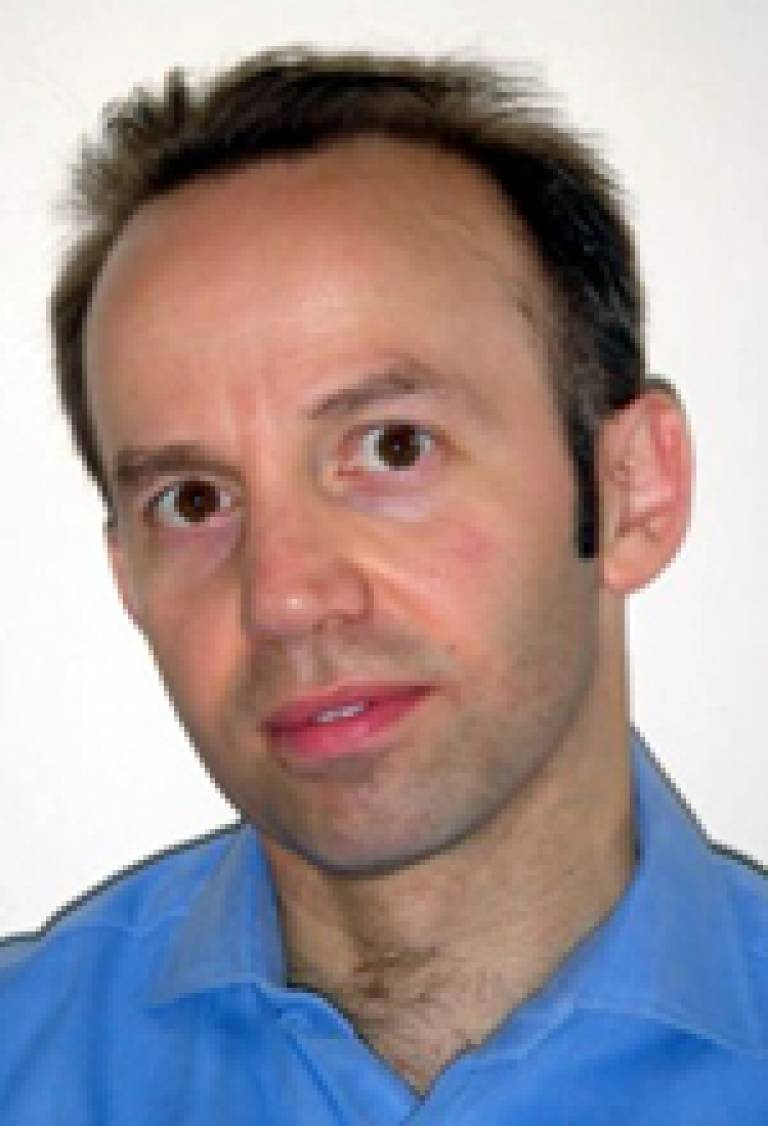 It commemorates the date in 1882 when Dr Robert Koch announced
the discovery of Mycobacterium tuberculosis, the bacterium that causes tuberculosis (TB), and provides an opportunity to describe problems and solutions
related to the TB pandemic and to support worldwide TB control efforts. The UK is experiencing one of the fastest rises in
active TB cases in Europe. Below a selection of UCL
staff and students explain how they are helping fight the disease.
It commemorates the date in 1882 when Dr Robert Koch announced
the discovery of Mycobacterium tuberculosis, the bacterium that causes tuberculosis (TB), and provides an opportunity to describe problems and solutions
related to the TB pandemic and to support worldwide TB control efforts. The UK is experiencing one of the fastest rises in
active TB cases in Europe. Below a selection of UCL
staff and students explain how they are helping fight the disease.
At-risk populations in London
The number of cases of active TB in the UK has increased by almost three-quarters over the last 20 years. This outstrips the rise of the disease in almost every other European country. Efforts are being made to reverse this trend, which appears to be driven by TB affecting specific at-risk populations. In London, which has around 40 percent of all new cases and high rates of drug resistant disease, these at-risk populations include the homeless, substance misusers and ex-offenders.In collaboration with the Health Protection Agency (HPA), we have recently been awarded a Programme Grant from the National Institute for Health Research (NIHR) to determine whether intensive screening, rapid TB diagnostics and careful, supervised management of such populations leads to enhanced case detection and improved treatment outcomes.
The long-term value of BCG vaccination
BCG vaccination has been a key component of UK TB control for over 50 years. Its efficacy has been questioned, and policies regarding its use vary across the country. We are working with the London School of Hygiene & Tropical Medicine and the HPA to determine the long-term value of the vaccine in the UK-born population. This work is funded by the NIHR Health Technology Assessment programme and will contribute important data to future national health care policy.
Why people respond differently to TB
The development of new immune-based tests plus the use of novel molecular probes is starting to yield an insight into why certain individuals appear to be infected with the tubercle bacillus yet remain healthy, why others rapidly develop clinical disease and why some will only have symptoms several years after apparent exposure. Working with colleagues at Imperial and the Medical Research Council National Institute for Medical Research, we are starting to define these processes in adults with TB infection and disease.
In particular we are focusing on local tissue responses, such as immune reconstitution inflammatory syndrome in people infected with HIV who are on antiretroviral therapy. Using the lung as a model we have described changes that contribute to a greater understanding of this ancient, though still baffling condition.
Dr Marc Lipman, UCL Medicine
UCL Friends of MSF
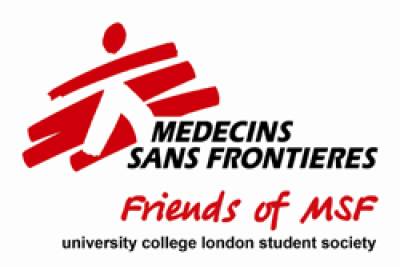
UCL Friends of MSF (FoMSF) is a student-run society dedicated to raising awareness of the work of Médecins Sans Frontières (MSF), and of humanitarian situations in general. In 2007, MSF treated over 29,000 tuberculosis patients in 39 countries around the world. MSF also campaigns for access to essential medicines. Its advocacy has three goals:
- overcoming access barriers
- challenging trade restrictions and
- stimulating new research into neglected diseases.
This year, UCL FoMSF has hosted the National FoMSF conference at UCL, with a presentation by the coordinator of MSF's Access to Essential Medicines campaign. Along with numerous other activities, we have actively highlighted the problems surrounding TB in the world today through articles in UCL publications and by providing access to information on MSF's work in this field.
Find out more by emailing us.
Kate Pitt and Peter Scolding, UCL Friends of MSF
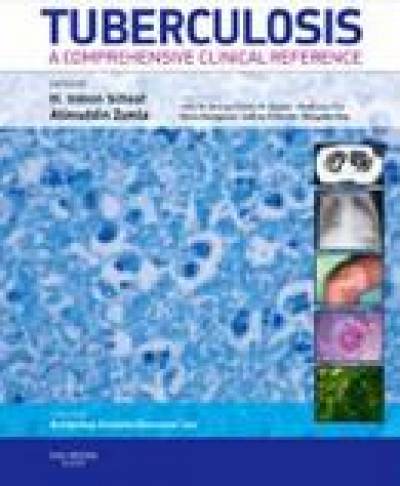
The world's most comprehensive textbook on TB
On World TB
Day, the Reverend Archbishop Desmond
Tutu is launching Tuberculosis:a
comprehensive clinical reference (Saunders), at an event in Cape Town,
South Africa.
Co-edited by UCL's Professor Alimuddin Zumla (UCL Research Department of Infection), with a foreword written by Reverend Archibishop Desmond Tutu
- who had TB as a child - it is the world's most comprehensive textbook on
tuberculosis.
The book has 156 authors from around the world, and John Grange (Associate Professor, UCL Research Department of Infection) is one of its sub-editors.
Manson's Tropical Diseases 22nd
edition, edited by
Professor Zumla and UCL Visiting Professor Gordon C Cook has also
recently been published. This world-famous textbook is often referred to as the
'bible of tropical medicine', and the previous edition, also co-edited by
Professor Zumla, received excellent reviews from several international
journals.
New research on TB
- 'Reflections on the white plague': Zumla A, Mwaba P, Huggett J, Kapata N, Chanda D, Grange J. Lancet Infect Dis. 2009 Mar;9(3):197-202.
- 'Biomarkers for tuberculosis disease activity, cure, and relapse': Wallis RS, Doherty TM, Onyebujoh P, Vahedi M, Laang H, Olesen O, Parida S, Zumla A. Lancet Infect Dis. 2009 Mar;9(3):162-72.
- 'The biosocial dynamics of tuberculosis': Grange JM, Kapata N, Chanda D, Mwaba P, Zumla A. Trop Med Int Health. 2009 Feb;14(2):124-30.
- 'Tuberculosis due to high-dose challenge in partially immune individuals: a problem for vaccination?': Rook GA, Hernández-Pando R, Zumla A.J Infect Dis. 2009 Mar 1;199(5):613-8.
- 'Biomarkers for tuberculosis disease status and diagnosis': Doherty, Mark; Wallis, Robert S; Zumla, A. Current Opinion in Pulmonary Medicine (in press)
Project Launch: Active detection of active tuberculosis
This project, launched in March 2009, aims to increase detection rates of active tuberculosis in Tanzania (Mbeya) and Zambia (Lusaka) among populations at high risk for TB, including HIV positive individuals, pregnant women, contact persons of TB patients, prisoners, children and medical staff. It also seeks to support TB-related health infrastructure (clinics and laboratories).
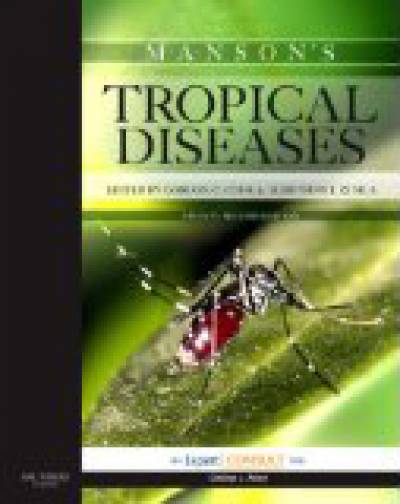
The main activities will include:
- increasing detection rates of TB by improving current diagnostic infrastructure
- demonstrating that active case finding in groups at high risk will substantially increase the case detection rate, especially when conducted with innovative diagnostic methods;
- completing or upgrading diagnostic methods in point-of-contact health care facilities, and training health care workers (clinicians, nurses, clinical officers and laboratory technicians);
- linking HIV and TB activities, and conducting an information campaign.
Professor Alimuddin Zumla, UCL Research Department of Infection
The Children of Craig-y-nos

The Children of Craig-y-nos has documented 200 stories and collected over 1,200 photographs and other memorabilia from former child patients and staff of a tuberculosis sanatorium in the Swansea Valley, between 1922 and 1959. There have been three successful photographic exhibitions in Wales, and in March 2008, UCL was awarded a Lottery grant for Dr Carole Reeves and Ann Shaw, a former patient, to produce a book. As far as we are aware, this is the first ever collective account by patients and staff of life inside a tuberculosis sanatorium and is therefore an historical project of some significance.
There is a growing interest in the effects of long-term hospitalisation of children, and the TB experience is central to this because it is the only illness that kept children in hospital for years on end. The Children of Craig-y-nos: Life in a Welsh Tuberculosis Sanatorium, 1922-1959 will be published by the Centre on 1 May. It will be a print-on-demand book and also freely downloadable from our website.
Visit the Craig-y-nos blog and view the online exhibition.
Carole Reeves, The Wellcome Trust Centre for the History of Medicine
A selection of TB initiatives from the Research Department of Infection:
1) TB Drug Development UK - a new grant from the Medical Research Council
The problem of the tuberculosis
pandemic will only be confronted if we have new tools. New drugs capable of shortening the duration
of treatment from six months and addressing the rising tide of multiple drug
resistance are urgently required.
UCL researchers Professor Stephen Gillespie and Dr Tim McHugh have combined with academics active in tuberculosis research across the UK to form the UK tuberculosis drug development consortium (TBDUK). This group has been awarded a 'Collaboration' grant from the Medical Research Council. The new award, which will be administered by UCL, will provide a synergistic environment for academic and commercial organisations researching new drugs for TB.
The consortium aims to:
- bring together scientists engaged in all aspects of drug development
- provide a focus for increase in the funding available to TB drug discovery and
- develop a system that will support the identification of new candidates, early testing and drug improvement through chemical modification and all stages of clinical drug development.
The consortium has already nurtured new collaborations between UK groups with early success in publication and award of a new research grant to develop drugs that attack the tuberculosis bacterial cell wall. If successful, TBDUK will reverse the decline in UK antibiotic development research and create the new drugs to defeat this worldwide scourge.
Professor Stephen Gillespie
2) Improving laboratories for TB diagnosis
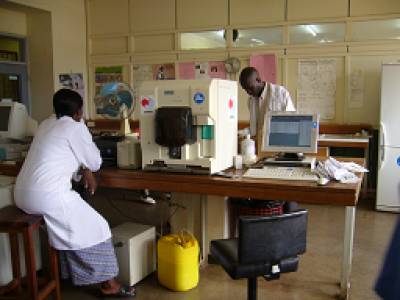
UCL is sponsor
of the REMoxTB phase 3 clinical trial that is assessing treatment-shortening
regimens for pulmonary tuberculosis. The quality of the data from such studies
stands or falls on the ability of the laboratory to produce robust and
reproducible data.
The REMoxTB laboratory team (Dr Anna Easton, Ms Emily Bongard & Dr Tim McHugh) have been working with sites such as Kilimanjaro Christian Medical Centre, Moshi, Tanzania, and the University Teaching Hospital, Lusaka, Zambia to improve the mycobacteriology laboratory facilities to the international standards required for participation in this global study. This has involved redesigning and refurbishing laboratories, as well as providing additional equipment and training to ensure local laboratory staff are able to work to the high safety specifications essential for handling this containment level three pathogen. In addition we have implemented a programme of 'best-practice' quality assurance for TB smear, culture and drug susceptibility testing to ensure high quality, accurate data reporting. In the longer term this will better equip sites to participate in future clinical trials, as well as improving the safety and quality standards in laboratories also used for routine TB diagnosis.
Dr Anna Easton
Image: Haematology laboratory in University Teaching Hospital, Lusaka, Zambia
3) Monitoring treatment and predicting its success
Despite the availability of drugs which can readily clear the bacteria from the lungs of patients, tuberculosis still proliferates in communities around the world. The reasons for this are complex and numerous but of critical importance is the protracted time course of current treatment regimes. This can result in patients failing to adhere to the treatment regime, leading to drug resistance and relapse.
We are funded, with colleagues from Durban (Dr Alex Pym) and Imperial (Professor Ajit Lalvani), to develop tools to monitor drug treatment and predict treatment outcome, using biomarkers of Mycobacterium tuberculosis. We are seeking an early warning signal that a patient was at risk of relapse or treatment failure - this will enable improvement in therapy and reduction in the recruitment rates for clinical trials, speeding up the rate of drug development.
Dr Isobel Honeyborne
 Close
Close

